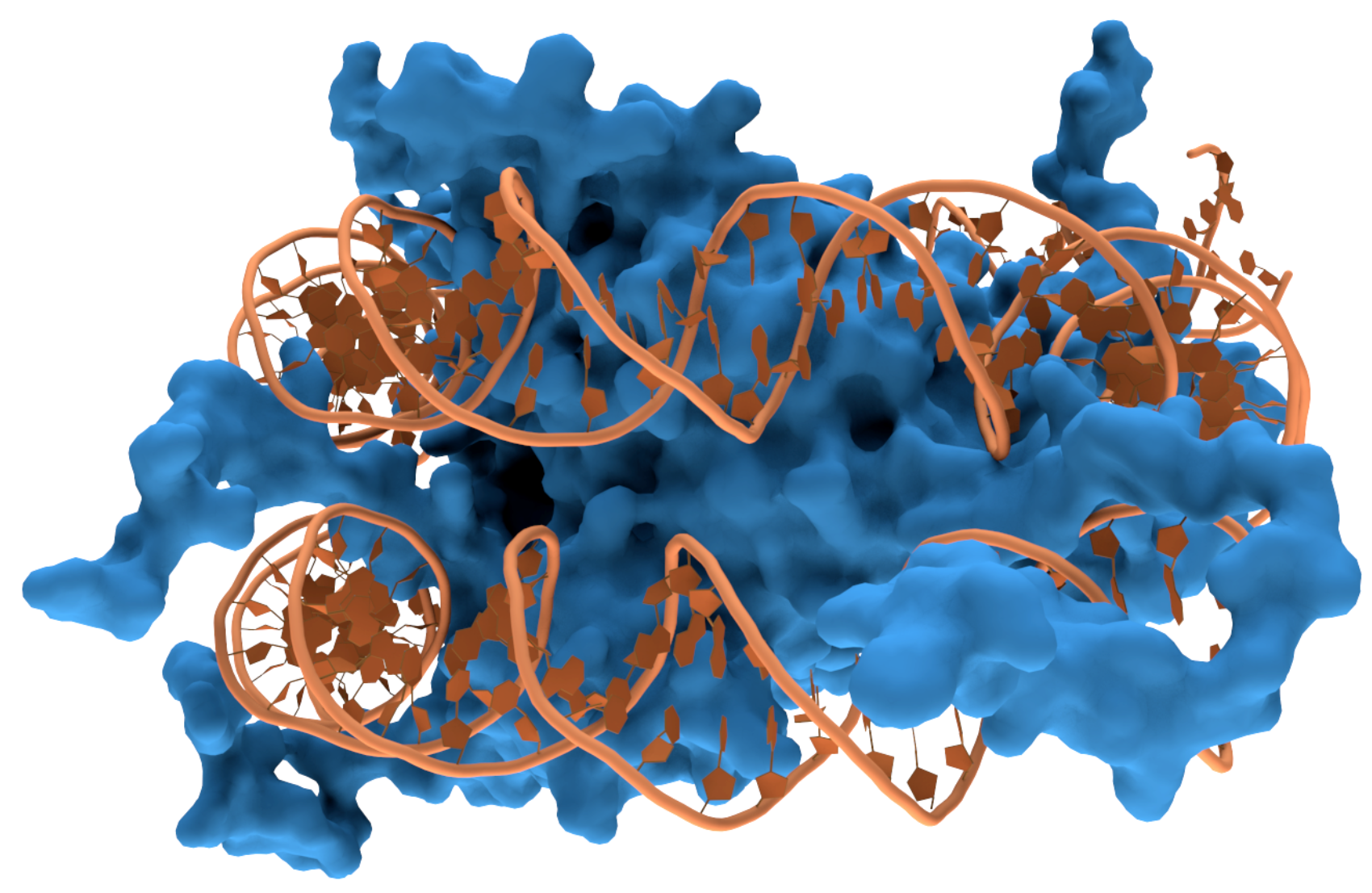
Guest blog by Barb Kunz, MS, CGC
Today is National DNA Day – a day to learn more about DNA and how genetic and genomic information can impact our lives. This day was established by congress in 2003 – to celebrate the successful completion of the Human Genome Project that year, and the 50-year anniversary of the discovery of the DNA molecule. The Human Genome Project was an investment that we all made. This project stimulated technology development, expanded to include world-wide partners, stimulated job growth in new areas of medicine, and has led to discoveries about the underlying causes of diseases.

Dylan, Barb’s “DNA dog”
I have been thinking more about the impact of genomic knowledge recently, since the March for Science was just 3 days before DNA Day. The signs carried during the March highlighted the wide range of areas where science touches and improves our lives: clean air and water; products like computers, phones, and cars; energy; and healthcare. The March made me think much more broadly about the scope of science and how many people do work that is directly related to science.
The 2003 resolution for DNA Day pointed to the future health benefits from genetic and genomic efforts. Fourteen years later, we can see many advances being used every day in medicine. These advances include progress in colon cancer detection, treatment, and understanding hereditary cancer. For example:
- There is now testing that looks for specific DNA changes in stool samples to screen for colon cancer.
- There are clinical colon tumor DNA tests that provide personalized information to guide chemotherapy decisions.
- There are clinical trials, such as the NCI-MATCH trial, that use genomic tumor testing results, instead of the location of the cancer, to choose targeted chemotherapy.
- More people are being offered genetic screening for Lynch syndrome, through direct testing of colon and uterine tumors, to identify this cause of inherited colon cancer.
- There are improved blood and saliva genetic tests that can examine many genes and causes of hereditary colon cancer at the same time, called multi-gene tests.
These testing options did not exist in 2003. DNA Day highlights how genetic and genomic knowledge is impacting healthcare decisions, and how rapidly this knowledge is changing.
 Barb Kunz is a genetic counselor with over 30 years of experience in a wide range of hospital and clinic settings. She has been a cancer genetic counselor for the last 18 years, through a North Memorial Healthcare in the Twin Cities. She recently launched, Tree Ring Genetics, a private consulting business.
Barb Kunz is a genetic counselor with over 30 years of experience in a wide range of hospital and clinic settings. She has been a cancer genetic counselor for the last 18 years, through a North Memorial Healthcare in the Twin Cities. She recently launched, Tree Ring Genetics, a private consulting business.
Barb has a strong interest in advancing public and professional genetic education, through targeted projects and as a featured speaker at public events, on radio and television. She is a past Chair of the Minnesota Genetic Counselors Association. She actively worked toward licensure of genetic counselors in Minnesota, which passed in 2016. She just completed two terms on the Minnesota Cancer Alliance steering committee (2010-2016), and serves on the policy committee of the MCA.
Contact Barb


You have provided very useful information in this post. Thanks for spreading awareness among the people about DNA and its importance.